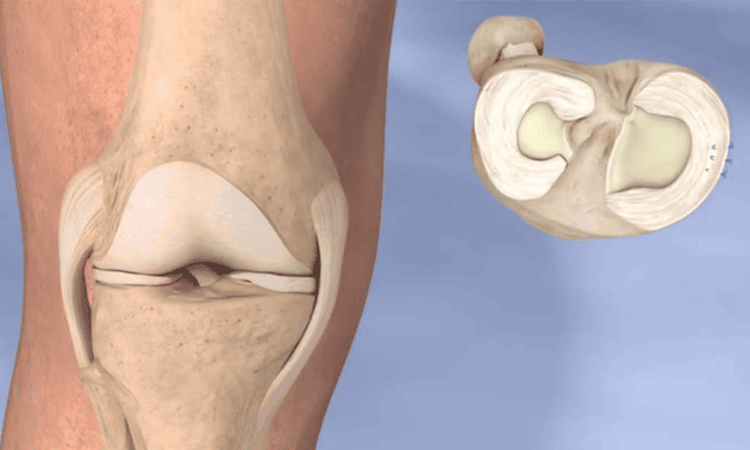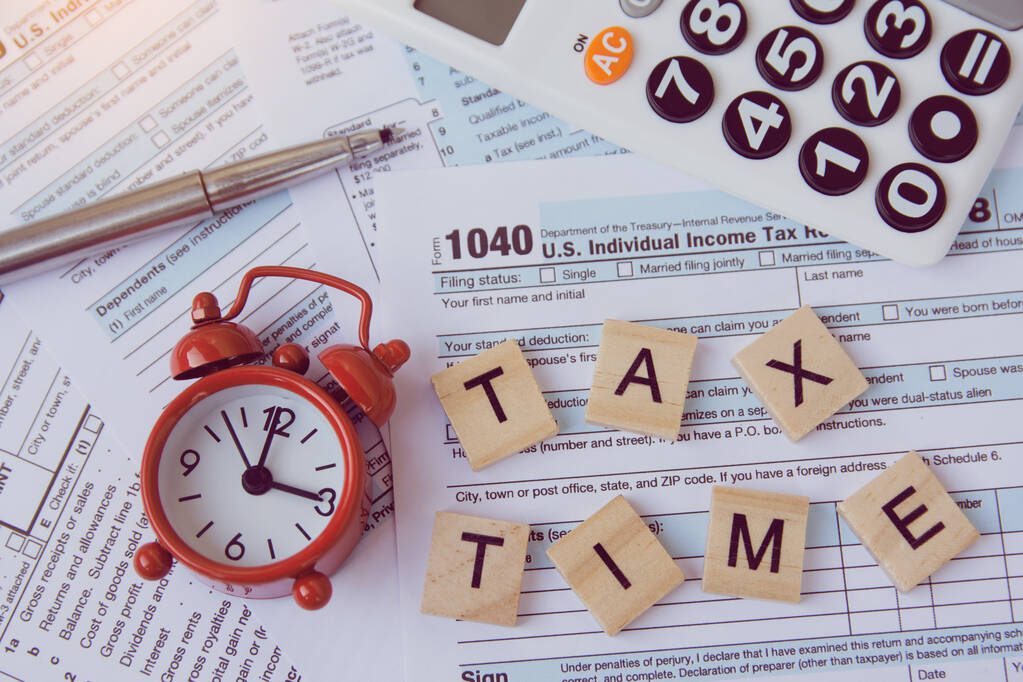Identifying and developing future leaders is a critical process for any organisation. Leadership assessments play a pivotal role in recognising emerging talent and shaping the next generation of managers. Tools such as those developed by Hogan Assessments provide valuable insights into who is best suited for leadership roles, ensuring organisations invest in the right people.
Leadership assessments offer individuals a deeper understanding of their strengths, areas for development, and overall leadership potential. These tools provide objective data, helping organisations make informed decisions, tailor development programs, and enhance individual performance.
To truly benefit from leadership assessments, it is crucial to select the correct methodology. Awair specialises in training and coaching organisations on effectively using the Hogan Assessments suite, which combines self-reflection with external observations. Ensuring assessments are conducted correctly maximises their effectiveness and impact.
The Keys to Successful Leadership Assessments
Effective leadership assessment requires a strategic and well-thought-out approach. To make the most of the process, consider these essential elements:
Clear Objectives
Before implementing any assessment, define its purpose. Are you evaluating overall leadership effectiveness, specific competencies, or potential for future leadership roles? Establishing clear objectives ensures the assessment process is aligned with desired outcomes.
Alignment with Organisational Goals
A successful leadership assessment must be in sync with the company’s mission, values, and strategic objectives. Clear alignment ensures that identified leaders can drive the organisation forward and uphold its core principles.
Multiple Data Sources
Hogan Assessments go beyond self-reporting by incorporating feedback from others. This multi-dimensional approach provides a more comprehensive evaluation of an individual’s leadership capabilities, offering a well-rounded perspective.
Assessment of Key Competencies
Leadership assessments should measure critical competencies that align with business goals, including:
- Communication skills
- Decision-making abilities
- Adaptability
- Strategic thinking
- Interpersonal effectiveness
- Emotional intelligence
- Problem-solving skills
Adaptability and Learning Agility
Great leaders are adaptable and open to continuous learning. Assessments should gauge a candidate’s ability to embrace change, seek growth opportunities, and adjust to new challenges effectively.
Additionally, leaders should demonstrate resilience in the face of adversity. Leadership is about navigating challenges, so assessments should measure a leader’s ability to maintain composure, stay solution-focused, and lead with confidence under pressure.
Ethics and Values
A leader’s ethical behaviour should align with company values. Assessments should evaluate integrity, trustworthiness, and the ability to foster a positive organisational culture. Ethical leadership is crucial in maintaining an environment of fairness, accountability, and transparency.
Results Orientation
Leadership is not just about setting goals—it’s about achieving them. Assessments should measure a leader’s ability to set targets, track progress, and adjust strategies to optimise team performance. Leaders must also inspire and motivate their teams to drive productivity and engagement.
Constructive Feedback and Development
Feedback is a fundamental part of leadership growth. Awair helps organisations provide feedback in a constructive manner, equipping leaders with the skills to mentor and develop their teams.
Equally important is a leader’s ability to receive feedback. The best leaders continuously refine their approach based on feedback from colleagues, employees, and superiors. Assessment tools should evaluate how well leaders accept, process, and apply constructive criticism.
Cultural Fit
Leadership assessments should consider the cultural context of the organisation. Leaders who understand and embrace company culture can foster a positive work environment and drive meaningful change. It’s important to assess whether a leader’s approach aligns with organisational values and workplace dynamics.
Validity and Reliability
For an assessment to be effective, it must be both valid and reliable. This ensures it accurately measures what it claims to and provides consistent results over time. A well-validated assessment tool ensures fair and objective leadership evaluations.
Continuous Improvement
Leadership assessments should not be a one-off process. Organisations should regularly review and refine their assessment strategies based on evolving business needs and feedback. Ongoing development programs should support assessed leaders in their journey, ensuring they continue to grow and adapt.
Inclusivity
Effective assessments are fair and inclusive, ensuring diverse backgrounds and perspectives are considered. An objective process minimises bias and promotes equal opportunities for leadership development.
Additionally, leaders should be assessed on their ability to foster inclusivity within their teams. Creating a culture of diversity and inclusion is an essential component of modern leadership, and assessments should reflect this value.
Communication and Transparency
Clear communication about the assessment process builds trust and encourages participation. Leaders and employees should understand the purpose of assessments and how results will support development. Transparency in leadership assessments ensures that individuals view the process as fair and beneficial.
Unlocking Future Leadership Potential
Awair provides expert guidance on using Hogan Assessments to identify and develop high-potential leaders. A well-structured leadership assessment process is vital for recognising future leaders, clarifying expectations, and driving organisational success.
By fostering self-awareness, Awair and Hogan Assessments empower leaders to understand their competencies, development areas, and ability to inspire others. Self-aware leaders are better equipped to manage teams, resolve conflicts, and drive positive business outcomes.
Leadership Development Assessments
As businesses evolve, ensuring the right people are in leadership roles is essential for long-term success. Leadership assessments inform decision-making and provide an unbiased method for evaluating leadership potential.
Hogan Assessments offer a proven approach to unlocking employee potential. However, for maximum effectiveness, assessments must be managed correctly and feedback delivered in a constructive, meaningful way. Awair specialises in training organisations on administering and interpreting Hogan Assessments to maximise leadership development.
Investing in leadership assessments helps organisations create strong, adaptable, and visionary leaders. When assessments are combined with ongoing development initiatives, they pave the way for sustained business growth and long-term success.
Contact Awair today to discover how our workshops can help you identify and nurture the next generation of leaders.










